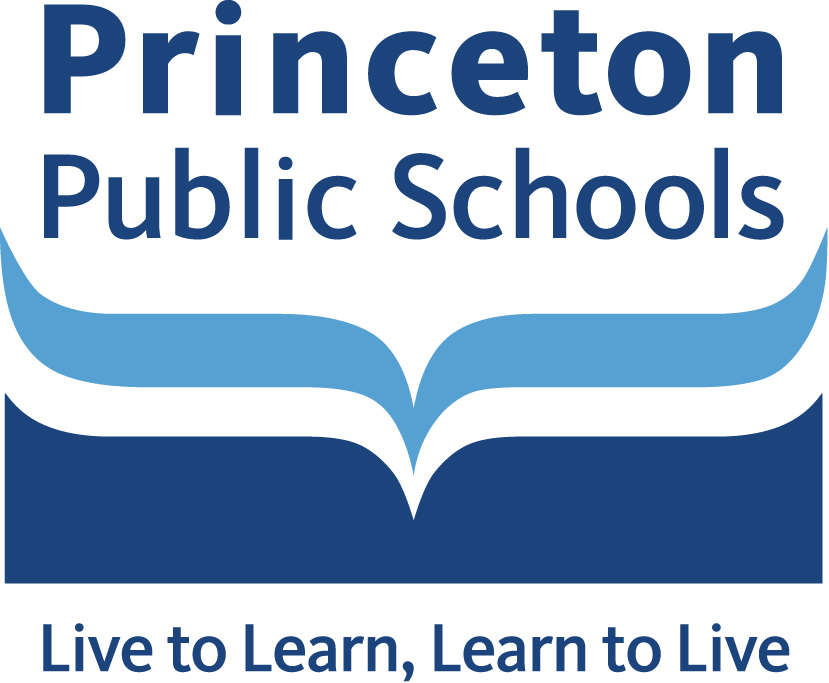Princeton Public Schools continues to enhance equity and inclusion amongst the district’s students and staff with ongoing initiatives and workshops.
These initiatives by the school district stem from an equity audit conducted three years ago. The audit by outside expert Marceline DuBose had resulted in new initiatives for Princeton Public Schools to close the equity gap.
One of those initiatives is training equity workshops that occurred during a half-day for professional development of staff in the district on Dec. 9.
“We allot five days each school year for staff development, and we have tried for the last few years to focus those days on equity-related practices. We also provide training for staff in the summer, and many of our schools use their monthly faculty meetings and department meetings to look at ways to incorporate equity into our work with students and families,” said Steve Cochrane, superintendent of the Princeton Public Schools. “One of the recommendations from the Equity Audit conducted in 2017-18 was to establish and train equity teams of staff and administrators at each school.”
The district-wide workshops occurred at Riverside Elementary School, Littlebrook Elementary School, Johnson Park Elementary School, Community Park Elementary School, John Witherspoon Middle School and Princeton High School.
According to district officials, the workshops were led by equity teams at each school consisting of faculty.
“The equity workshops implemented earlier this month were unique to each school. What tied them together was a theme of listening to the stories of our students. At the high school, for example, staff moved through a series of sessions, each focused on gaining a greater awareness of our students,” Cochrane said. “In one session they heard from a panel of students. In another, they examined case studies based on actual attendance appeals, in other words, the explanations various students provided for why they missed a significant amount of school.”
He said the staff then developed personal plans for how they might change their practices based on what they learned.
“The equity teams have planned days for their colleagues focused on equity and inclusion,” he said.
According to the audit, Princeton Public Schools continued to see racially-predictable disparities in achievement data, a perception of disparities in discipline and academic expectations, a difference between various identities’ sense of welcoming and belonging, challenges in addressing incidents of oppression and bias, and a strong sense of academic pressure and competition.
Since the audit, several educational equity initiatives have been implemented. They include early stage culturally responsive curricular changes, a focus on hiring a more diverse staff, community building opportunities and culturally responsive teaching focused professional development for administration, faculty and staff.
“We have been moving in this direction for quite some time. One of the primary goals of our strategic plan, developed in 2015-16 was ‘Knowing Every Child.’ An understanding of each student’s needs, interests, learning differences and cultural background are at the heart of equitable practices,” Cochrane said. “The Equity Audit conducted in 2017-18 also highlighted the barriers and the opportunities created by the economic and cultural diversity in our community. The opportunity gap has existed for a long time in Princeton, particularly for under-resourced students and for many students of color.”
He said, as a district, officials have acknowledged that gap and have been working with partners in the community to address it.
During the 2018-19 school year the focus of equity and inclusion was on training in implicit bias and continues to be a focus currently. For 2019-20, the main focus has been restorative justice or restorative practice.
According to district officials, restorative practice is a set of strategies that create meaningful individual relationships within a classroom, school or broader community.
The district describes restorative justice as when individuals transgress the values or expectations of the community, but want to have a community in where they return.
“The goal here is to know every child as a learner and to provide multiple opportunities in the classroom and beyond to inspire and enhance their interests and abilities. The program is new this year, and we are providing ongoing training for our staff,” Cochrane said.
The audit in 2017 revealed an individualistic and academically competitive environment throughout the district.
According to the audit, it also indicated that curriculum and instruction in the district emphasizes a traditional narrative and should be expanded to include more content and learning materials that are reflective of and relevant to the diversity of perspectives, histories, values and identities in the student body and society.
“Equity is the work and is knowing who our children are and that the curriculum meets them where they are,” Cochrane said.

